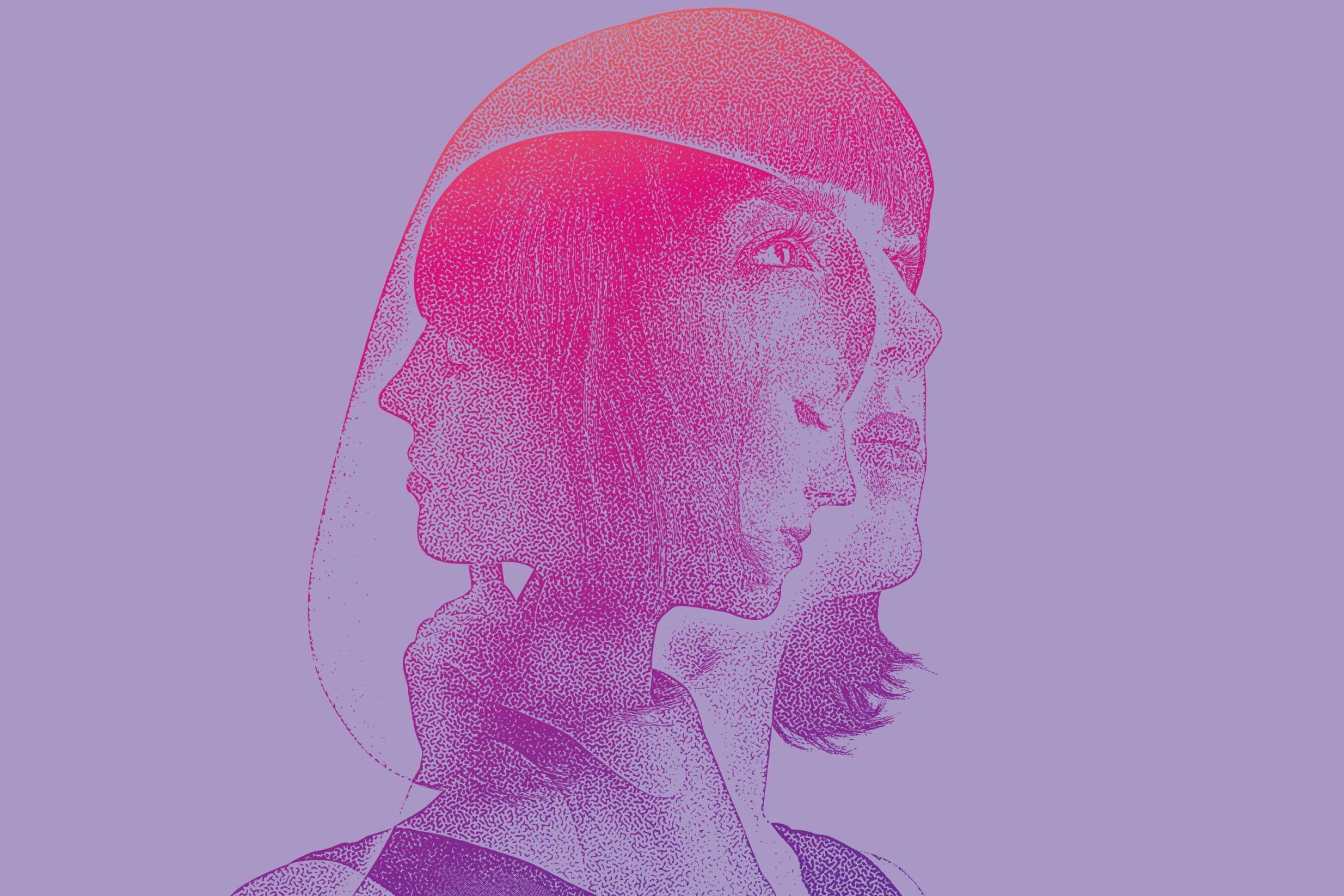This website uses cookies so that we can provide you with the best user experience possible. Cookie information is stored in your browser and performs functions such as recognising you when you return to our website and helping our team to understand which sections of the website you find most interesting and useful.

Jayne Hardy is Founder and CEO of The Blurt Foundation - a social enterprise dedicated to helping those affected by depression.
Anything unprecedented brings with it, uncertainty. Uncertainty of what lies ahead and uncertainty of how to handle a situation we’ve never been in. When that uncertainty is prolonged and the landscape ever-changing, it takes its toll on our mental health. Our brains are wily beasts, designed to be constantly scanning the horizon for possible threats so that we have information as to what to do next. With the coronavirus pandemic, that threat has felt as though it’s literally at our front door, temporarily severing ties to our social support systems and disrupting life as we once knew it.
Societal pressures and expectations already had us on the go-go-go, juggling balls aplenty and never quite feeling as though we were doing or being or giving enough. And then, seemingly overnight, we found ourselves faced with unimaginable added demands.
The Office For National Statistics has just released their report: Personal and economic wellbeing in Great Britain which begins to paint the picture of the toll this is all taking on us. Approximately 12.5 million people in Great Britain were estimated to have had their finances affected by Coronavirus, of those 12.5 million, reported anxiety levels were 19 per cent higher than those who did not report a reduced income. The economic wellbeing for parents has taken a nosedive. More than half of the people who reported feeling lonely also reported that they struggled to get groceries and were more likely to report that they felt unsafe at home. Mental health is complex and affected by our inner and outer environments. The solution is not ever going to be a simple one, but there are some things we can do to help ourselves and others.
Mental health is complex and affected by our inner and outer environments. The solution is not ever going to be a simple one, but there are some things we can do to help ourselves, and others.
Reach in
We’re all familiar with the campaigns that encourage us to reach out but anyone who has ever experienced poor mental health will tell you that it’s not as easy as it sounds. Mental ill health brings with it an onslaught of feelings of unworthiness, helplessness, hopelessness, shame and guilt. Asking for help when the illness itself has you believing you’re unworthy of that help, is a constant battle. If you know someone is struggling or someone you know seems to have gone quiet, reach-in.
Create self-care anchors and stick to them
The messaging behind self-care has become convoluted and diluted but self-care is essentially health-care. It’s the thoughts, actions and behaviours that future-you will thank now-you for; emotionally, mentally, physically and spiritually. These change from person to person because we’re all topped-up and drained by different things. In creating self-care anchors, we create a list of things that we’ll do daily that are non-negotiable; a walk, speak to a loved one, taking breaks. Just as anchors ground and balance ships in the midst of stormy seas, self-care anchors can ground and balance us as the world around us is topsy-turvy.
Turn helplessness into hopefulness
With anxiety being sky high, we can get caught in a negative thought loop where we’re searching (without realising we’re doing it) for confirmation of that scary thing – that’s confirmation bias. During this pandemic we’ve not had to search high and low, it’s been everywhere and anywhere. It’s not that we want to fake-positivity-pave the way, we can simultaneously care about issues and create a more comfortable internal environment. We can do this by limiting our news consumption and choosing how and when we consume it. Audit our social media feed so that they’re places we can learn, be uplifted and inspired. Being a helper and taking hopeful action; donating, raising awareness, volunteering, petitioning.
Lower our self-expectations
Our expectations remain high when our conditions have gone low and that’s a mighty problem. It’s unlikely that we’re in an environment within which we’ll bloom right now and so if we’re dropping the ball, second-guessing ourselves, finding decision-making difficult, feeling tetchy, etc, then that’s completely normal. In the face of such uncertainty, it’s to be expected. Energy conservation is important for longevity, try to snatch micro-moments to top up your reserves and be mindful of whether you’re expecting too much of yourself in a time that it’s really just about survival. Give yourself permission to take the easier routes and options where possible.
Jayne will be speaking about ‘Building mental health resilience during a global crisis’ as part of Women for Women International’s #SheInspiresMe LIVE 2:0 Virtual Feminist Festival on Saturday 20 June. More information and tickets: www.womenforwomen.org.uk/get-involved/sheinspiresme-live-20



 Africana55 Radio
Africana55 Radio 

